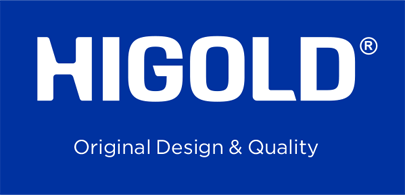The kitchen sink is one of the most frequently used appliances in a home kitchen, making its cleaning and maintenance crucial. With the continuous advancements and innovations in kitchen equipment, a wide variety of kitchen sinks have emerged to meet the needs of different households and kitchen spaces.
Among the many sink materials available, stainless steel kitchen sinks are undoubtedly the most popular due to their durability and ease of cleaning and maintenance.
In this article, we'll delve into why stainless steel sinks are one of the easiest to clean and compare them to other types of sinks to help you better understand how to choose the best sink for your kitchen.
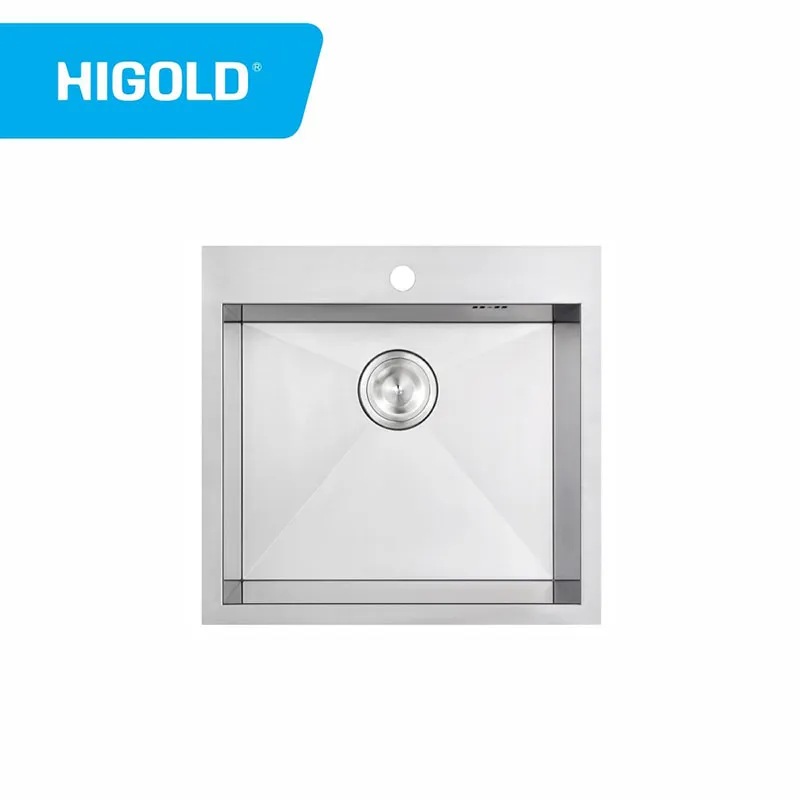
What is a kitchen sink?
The kitchen sink is an essential appliance in the kitchen, primarily used for washing vegetables, fruits, dishes, and kitchenware. Sinks are used frequently in home kitchens, so their material, design, and maintenance directly impact their lifespan and user experience. Different kitchen sinks have different characteristics. Some sink materials may be more scratch-resistant, heat-resistant, or stain-resistant, while others are easier to clean and maintain. Common kitchen sink materials include stainless steel, ceramic, quartz, engineered stone, and glass. Each material has its own unique advantages and disadvantages. Stainless steel kitchen sinks are a popular choice for a wide range of kitchens due to their high durability, easy cleaning, and reasonable cost.
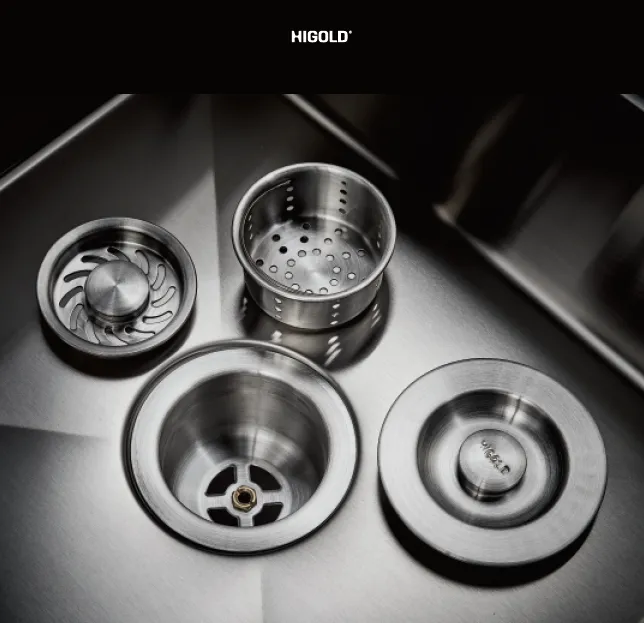
What are the cleaning advantages of stainless steel sinks?
Stainless steel sink cleaning advantages:
1. Stain resistance
2. Heat resistance
3. Scratch resistance
4. Smooth surface for easy cleaning
5. Antibacterial properties
1. Stain resistance
Stainless steel sinks are highly resistant to stains. Because their smooth surface is less susceptible to the accumulation of bacteria, grease, and dirt, stainless steel sinks effectively reduce the adhesion of stains. This makes daily cleaning easier; simply wiping away oil and dirt removes surface stains. Furthermore, stainless steel's surface is corrosion-resistant and is not easily attacked by acids or alkalis, preventing discoloration or damage to the sink from prolonged contact with dirt or scale.
Compared to ceramic or quartz sinks, stainless steel sinks are less susceptible to grease and stains, ensuring a cleaner surface when handling food scraps, washing utensils, or cooking. Even with prolonged use, the surface remains resistant to discoloration or bacterial growth.
2. Heat Resistance
Stainless steel sinks offer excellent heat resistance. Kitchens frequently come into contact with hot water and hot oil, such as when cooking or washing freshly used pots and pans. Sinks are often exposed to high temperatures. Compared to sinks made of other materials, stainless steel kitchen sinks can withstand higher temperatures and will not warp, crack, or lose their original luster due to contact with hot water or hot objects.
This makes stainless steel kitchen sinks less susceptible to temperature fluctuations during cleaning, ensuring they remain in pristine condition whether you rinse the sink with hot water or use a high-temperature detergent. Therefore, stainless steel sinks are ideal for kitchens where hot utensils and cooking utensils are frequently cleaned.
3. Scratch Resistance
Stainless steel sinks have a hard, scratch-resistant surface. In daily use, sinks are inevitably subject to scratches and bumps from hard objects, such as pots, knives, and other utensils. Scratching easily not only degrades the sink's appearance but also traps dirt in the scratches, making cleaning more difficult.
Compared to sinks made of other materials, stainless steel sinks are more scratch-resistant, making them less susceptible to damage even with harsh brushes or cleaning tools. Even minor scratches generally don't affect the sink's functionality, and scratches don't easily attract dirt, resulting in lower maintenance costs.
4. Smooth Surface for Easy Cleaning
The greatest cleaning advantage of stainless steel sinks lies in their smooth surface design. The surface is relatively smooth, lacking in indentations and ridges, making it less susceptible to the accumulation of stains, grease, and limescale. Even stubborn grease and dirt can be removed with a gentle wipe using a non-abrasive detergent and a soft cloth.
In addition, some stainless steel kitchen sinks on the market feature special surface treatments, such as anti-fingerprint technology, which effectively prevents fingerprints and oil stains from remaining on the sink surface. This design not only improves the cleanability of the sink but also enhances its aesthetics.
5. Antibacterial Properties
Stainless steel has an extremely smooth surface, making it difficult for bacteria and other microorganisms to grow. Compared to sinks made of other materials, such as wood or plastic, stainless steel kitchen sinks effectively reduce bacterial growth, thereby improving kitchen hygiene. This is especially important in humid kitchen environments, where moisture and temperature can easily foster bacterial growth.
A simple cleaning routine can maintain the hygienic surface of a stainless steel sink, reducing the spread of harmful bacteria in the kitchen. This antibacterial property makes stainless steel sinks relatively easy to clean and maintain, contributing to a healthier kitchen environment.
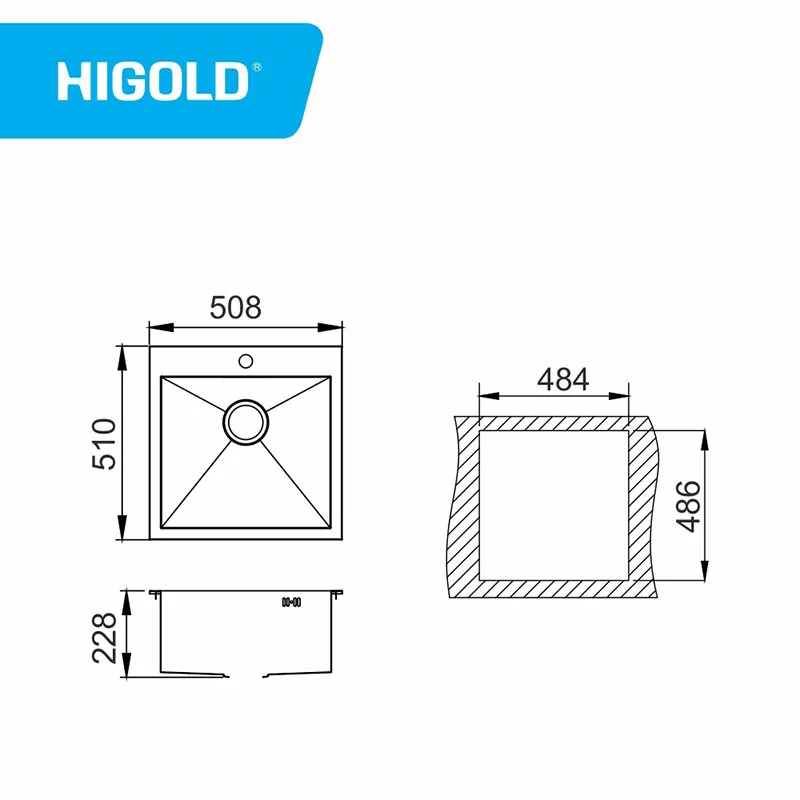
How do you clean a stainless steel sink?
Although stainless steel sinks are highly stain-resistant and durable, they still require regular and proper care to maintain long-term cleanliness. Here are some simple cleaning steps to help you easily maintain the shine and cleanliness of your stainless steel kitchen sink.
1. Daily Cleaning
• Rinse with clean water: After each use, rinse the sink thoroughly with clean water to remove any remaining food debris and grease.
• Wipe with a soft cloth: Gently wipe the sink surface with a soft cloth or sponge. Avoid using steel wool or hard brushes, as these may scratch the surface.
• Mild Detergent: Use a detergent that doesn't contain bleach or strong acids or bases. A specialized stainless steel cleaner can help remove limescale and minor stains.
2. Deep Cleaning
• White Vinegar and Baking Soda: For stubborn stains, use a mixture of white vinegar and baking soda. Sprinkle baking soda on the sink surface, then spray a small amount of white vinegar. Let it react for a few minutes, then rinse with warm water.
• Specialized Stainless Steel Cleaner: Regularly deep cleaning with a stainless steel cleaner effectively removes limescale, grease, and fingerprints.
3. Avoid using harmful cleaning agents
• Avoid using cleaning agents containing chlorides, as these may cause spotting or corrosion on the surface of your stainless steel kitchen sink. Before using any cleaning agent, ensure it is suitable for stainless steel surfaces and follow the instructions to ensure the safety and shine of your sink's surface.
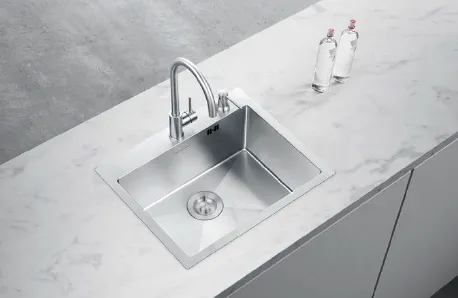
Are samples available for new customers before placing bulk orders?
Yes, Higold offers product samples for evaluation. Samples can be customized or selected from existing models, and charges may be refunded upon confirmation of a bulk order. This allows customers to assess product finish, functionality, and market fit before committing. Contact the sales team to request samples and discuss delivery timelines.
